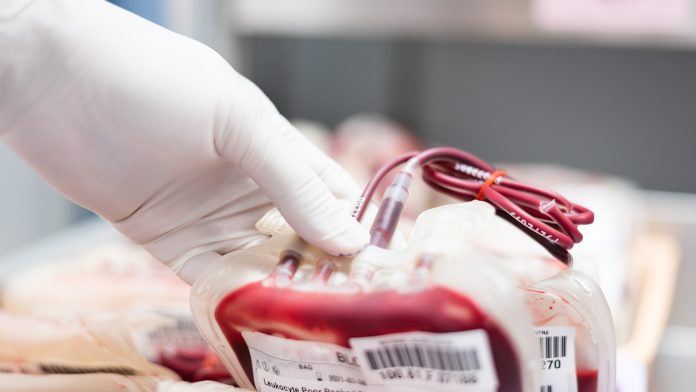
Yesterday (20 May 2024), the infected blood inquiry published the “catalogue of failures”, which led to thousands of people receiving contaminated blood and blood products.
In the late 1970s and early 1980s, 4,800 British haemophiliacs received blood infected with Hepatitis C through their NHS treatment. Over 1,200 of those individuals became subsequently infected with HIV, the virus that leads to aids. Of those 1,200, more than 800 people have already died, and hundreds more have died from Hepatitis C.
A further 170 non-haemophiliacs became infected with HIV and many more with Hepatitis C through contaminated blood and tissue transfusions. It is estimated that over 2,500 people have died because of the infected blood.
The infected blood inquiry, formally announced in July 2017, finally concluded on 20 May 2024. The findings can be found here.
Key findings from the inquiry
- Failures found in the licencing regime: Allowing the importation and distribution from 1973 of blood products (Factor 8 concentrates) made in the US or Austria, which carried a high risk of causing hepatitis and were understood to be less safe than current domestic treatments for bleeding disorders.
- Failures in donor selection: The report found insufficient rigorous donor selection and screening, allowing continued blood collection from prisoners. Also, failing to take reasonable steps to deter high-risk donors.
- Continued importation of blood products: The UK decided in July 1983 not to suspend the sustained importation of commercially produced blood products.
- Failing to gain informed consent: The inquiry found a failure in telling people the risks of the treatment and any available alternative treatments, therefore treating them without consent.
- In some cases, failing to tell people they were infected, denied them the opportunity to control the progression of their illness more effectively and to prevent the spread of infection to others.
- Delaying universal screening of blood donations for the presence of Hepatitis C.
The inquiry addressed the actions that compounded the infected blood crisis for the people who were infected and affected. Key findings included:
- Repeated and ongoing failures to acknowledge that they should not have been infected.
- The lack of any meaningful apology.
- Deliberate destruction of some documents and loss of others.
- Refusal to provide compensation on the grounds there had been no fault.
- Failing until 2017 to decide to establish a public inquiry.
Chair of the Infected Blood Inquiry, Sir Brian Langstaff, spoke at the public inquiry closing event in London and stated how “the report details how three lines were repeatedly deployed by successive governments.
“People had the best available treatment; the infections were inadvertent, and screening for Hepatitis C could not have been introduced earlier than September 1991. All of those claims were untrue”.









